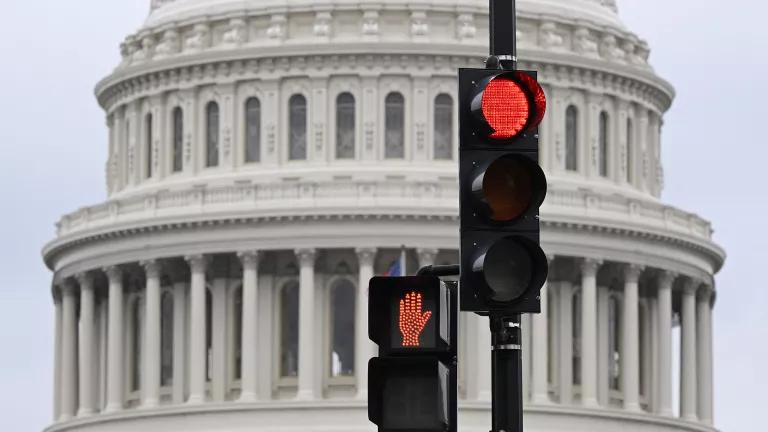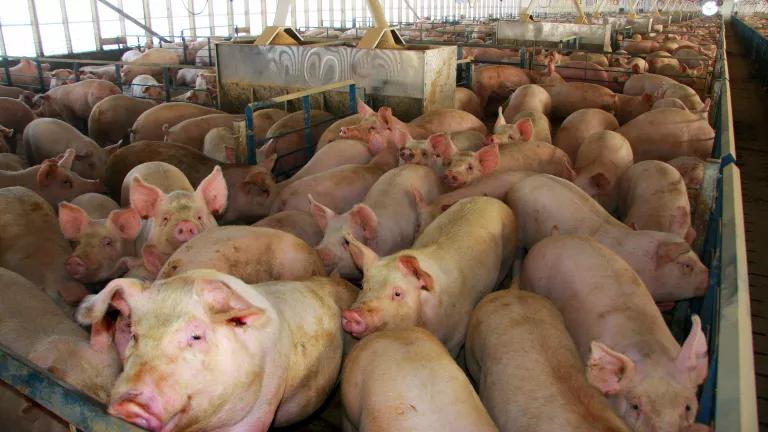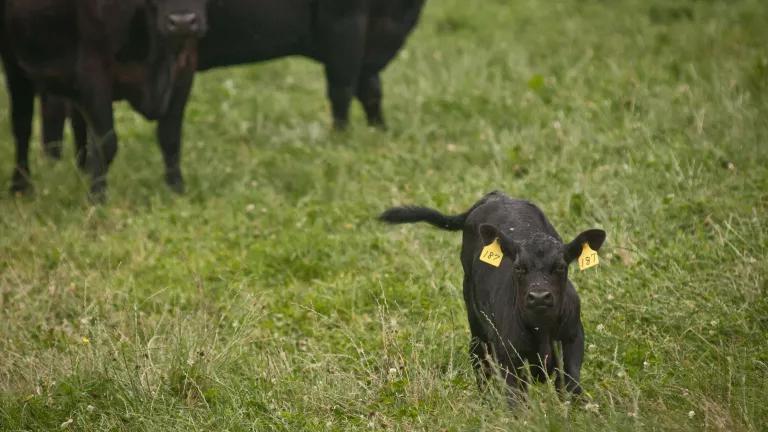Food Waste Reduction in Chicago’s Climate Action Plan
The plan identifies co-benefits and strategies that are intended to not only drive down carbon emissions but also create a more just and equitable city, where all Chicagoan’s can thrive.
Chicago’s newly released 2022 Climate Action Plan (CAP) outlines its comprehensive strategy to equitably reduce the city’s carbon emissions 62% by 2040. The framework for the CAP is supported by five pillars including building circular economies to create jobs and reduce waste. By including circular economies and waste as a pillar, Chicago is acknowledging the role that waste reduction plays in tackling the climate crisis and taking necessary action to transition away from traditional disposal and incineration of materials. According to the CAP, the collection, transportation, processing and treatment of solid waste and wastewater account for 7% of Chicago’s GHG emissions, indicating the significant role for reframing Chicago’s waste management
Waste reduction challenges in Chicago range from a lack of institutional capacity and budget to create a robust composting infrastructure, an unsustainable Black Cart residential waste system, complex regulatory structures, and a need to promote effective consumer prevention education.
Central to the CAP are climate actions that are rooted in equity. The plan identifies co-benefits and strategies that are intended to not only drive down carbon emissions, but also create a more just and equitable city, where all Chicagoan’s can thrive.
One of the city’s waste reduction strategies is participation in NRDC’s Food Matters Regional Initiative. By leveraging Chicago’s participation in the Great Lakes regional cohort, the city hopes to pilot and prioritize more food waste prevention, rescue and recycling programs. Some of the priority areas that Chicago is working towards as part of the Food Matters Regional Initiative include:
- Expanding community composting: Specifically highlighted in the strategy is the launch of the Department of Streets and Sanitation’s community-wide composting program, a pilot project supported through the Food Matters Regional Initiative, that will launch five organic waste drop-off sites located at NeighborSpace community garden sites around the city. One of the goals in the plan is to introduce community-wide organic waste collection and decomposition by 2024. By increasing access to composting for Chicago communities, the city can reduce methane emissions and build community resiliency.
- Crafting consumer messaging: The CAP lays out a waste reduction goal of 90% diversion of residential waste by 2030 and a goal to implement equitable waste prevention strategies by 2030. By crafting inclusive messaging that resonates with Chicago’s diverse population, the city can help to change consumer behavior to prevent waste from happening in the first place. Throughout the next year, Chicago with work with the NRDC team to develop messaging that can influence behavior change associated with wasted food.
- Identifying gaps and opportunities for increased food rescue and redistribution: The city is working to better understand the food rescue eco-system to ensure that more healthy, surplus food is redistributed to residents facing food insecurity. By better understanding the key stakeholders, organizations and resident needs surrounding food rescue, the city can identify where there are gaps and where there are opportunities to ensure that food moving through the city is consumed first and foremost, by people.
- Cross-agency alignment and collaboration: A core component of the Food Matters Regional Initiative is building cross-agency city teams that can collaborate across departments on food-waste related projects so that cities can have a cohesive and comprehensive approach to food waste reduction. By working across agencies, Chicago’s solutions are cross-cutting. Chicago’s Food Matters team includes engagement from the Mayor’s Office of Sustainability, the Department of Streets and Sanitation, the Department of Public Health, and the Department of Cultural Affairs and Public Events. By engaging together, city agencies can also work across various groups or networks to better engage residents and key stakeholders in project development and decision making.
As cities identify the role that they play in fighting climate change locally, Climate Action Plans can be a strong tool for creating a roadmap for navigating greenhouse gas emissions targets, setting goals and identifying key actions needed across sectors to meet goals. Cities are also uniquely positioned to address food and waste across the city. By focusing on equitably and responsibly managing waste, cities can ensure they do not further burden Black, minority, and low-income communities. Cities can also work to ensure that high quality surplus food is going to food insecure residents and not in the landfill. Inclusion of food waste reduction related goals in the climate action plan can be a strategic way to provide multiple benefits.




